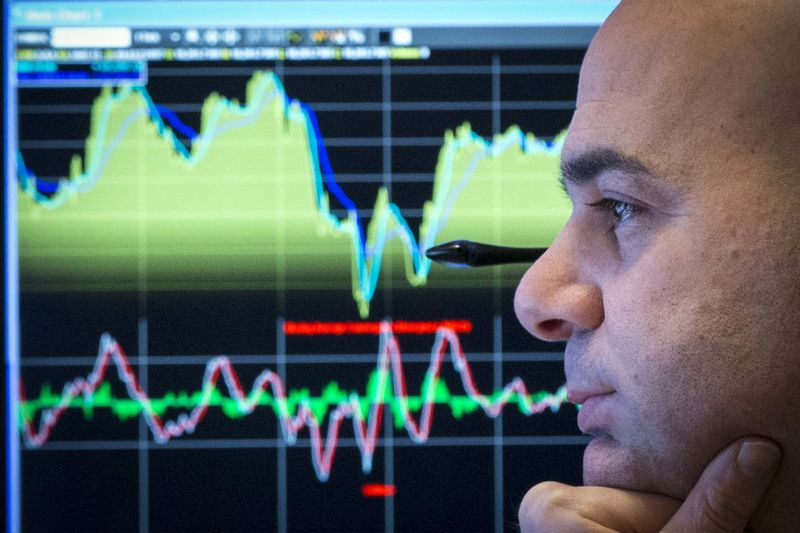(Bloomberg) -- Japan’s economy will exceed growth forecasts this year, prompting the central bank to tighten monetary policy by mid-year, said Allen Sinai, president of Decision Economics Inc.
Sinai said he expects Japan’s economy to grow 2 percent in 2018, and even faster in 2019, perhaps as much as 2.5 percent. "What has snuck up on everybody is the world business cycle is really clicking," he said in an interview in Tokyo on Wednesday, where he was meeting with policy makers.
The market’s reaction on Tuesday to the Bank of Japan’s reduced buying of long-dated bonds illustrates growing jitters over when the BOJ will turn toward policy normalization. Economists cautioned against reading too much into the BOJ’s bond buying, but with Japan’s economy in its longest expansion since the mid-1990s, expectations are rising that the BOJ will join its global peers and begin normalizing policy as soon as this year.
‘Upside Surprise’
"The markets and I are sensing, because of the fundamentals of the Japanese economy, an upside surprise potentially on growth and on inflation, and therefore a surprise out of the BOJ," Sinai said.
Inflation remains well below the BOJ’s 2 percent target, but the central bank’s preferred gauge rose steadily throughout last year, hitting 0.9 percent in November. Sinai said he expects inflation to reach 2 percent before the BOJ’s projected time frame of "around" the fiscal year beginning in April 2019.
Sinai said his firm is forecasting that the BOJ will "become less accommodative" in the next three to six months, allowing interest rates to rise while setting an upper limit, he said.
BOJ Governor Haruhiko Kuroda said last month that the central bank won’t raise rates just because the economy is doing well because its ultimate target is inflation.
Sinai stands on the bullish side of prognosticators. Of 41 economists who expect the BOJ’s next move to be tightening, 19 forecast it to come this year, including five who see it happening in April, according to a Bloomberg survey last month.
A year ago, Sinai was roughly on target when he predicted Japan’s economy would grow 1.5 percent to 1.75 percent in 2017, about double the International Monetary Fund’s forecast at the time. He was wide of the mark on the yen, though, forecasting it would weaken to as much as 135 against the dollar by the end of the year.
‘Known Quantity’
Sinai said it would "absolutely" be good if Kuroda remained governor after his current term ends in April, given that he is a "known quantity" who has proven capable of doing the job. Prime Minister Shinzo Abe would be taking a risk if he chose someone else, Sinai said.
Even with his bullish outlook, Sinai sees challenges ahead for Japanese policy makers. In particular, uprooting the deflationary mindset of Japanese consumers will remain a struggle, he said.
"The history of that says that once it’s there it takes a long, long time to change," he said.
